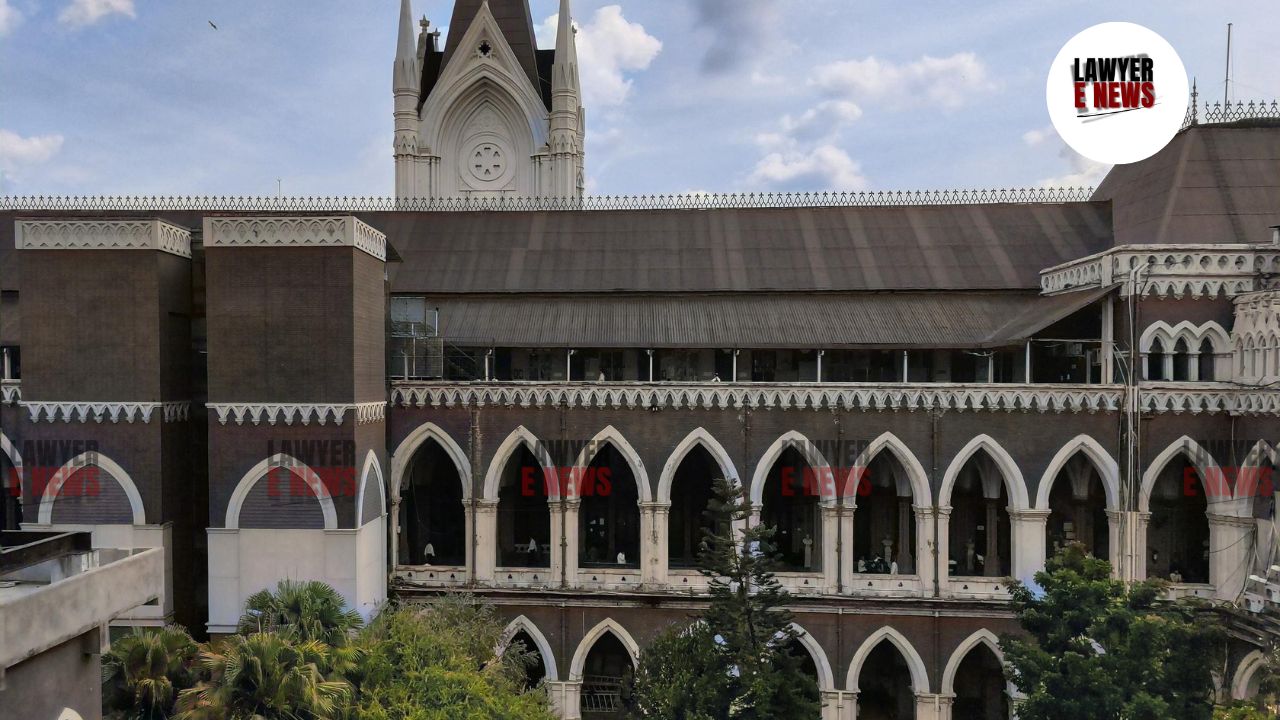-
by Admin
15 February 2026 5:35 AM



Calcutta High Court, in Srabani Sardar & Anr. v. State of West Bengal, ruled on two criminal appeals involving charges of abetment to suicide and cruelty under Sections 498A and 306 of the Indian Penal Code (IPC). The court acquitted the in-laws of the deceased, Srabani Sardar and Anath Sardar, of all charges, citing lack of evidence. However, it upheld the conviction of the husband, Biswajit Mondal, for abetment to suicide, based on the events leading up to his wife’s death by poisoning.
The case arose from the tragic death of Amrita Hazra, who was married to Biswajit Mondal in November 2012. Amrita’s marital life was marked by frequent quarrels with her husband and in-laws. On June 18, 2017, Amrita died after allegedly consuming poison, leading to the filing of a police case by her father, Alok Hazra, who accused her husband, in-laws, and extended family of causing her death.
The trial court convicted Biswajit Mondal and his mother, Lakshmi Mondal, under Sections 498A (cruelty) and 306 (abetment to suicide), sentencing them to seven years for abetment and two years for cruelty. Biswajit's sister, Srabani Sardar, and her husband, Anath Sardar, were convicted under Section 498A and sentenced to two years.
The appeals before the High Court questioned the validity of the trial court’s findings, particularly whether the evidence supported the convictions for abetment and cruelty. The appellants argued that the prosecution failed to establish any direct link between the in-laws’ actions and Amrita’s death, and that routine domestic quarrels could not amount to abetment to suicide.
Justice Tirthankar Ghosh carefully examined the evidence presented during the trial, including witness testimonies and forensic reports.
The court found that there was insufficient evidence to prove that Srabani Sardar and her husband, Anath Sardar, had played any role in abetting Amrita’s suicide. The court noted that they were occasional visitors to the matrimonial home and that no substantial evidence of cruelty or harassment had been presented against them. The court stated:
"Issues which flared up in day-to-day household affairs cannot make any person responsible within the meaning of Section 498A of the Indian Penal Code."
The court concluded that the conviction and sentence of Srabani and Anath under Section 498A were unjustified and acquitted them of all charges.
However, the court found that the evidence against Biswajit Mondal, Amrita's husband, was sufficient to uphold his conviction under Section 306 for abetment to suicide. The court highlighted the testimony of witnesses who recalled quarrels between Biswajit and Amrita on the night of her death. Notably, P.W.4, a neighbor, testified that Biswajit had expressed frustration over Amrita’s alleged chats with another man, further implicating him in the events leading to her death.
The court also noted that while the forensic report did not definitively confirm the presence of poison, the post-mortem report supported the theory of death by poisoning, and no alternate explanation was provided by the defense. The court remarked:
"The husband’s failure to provide a plausible explanation for the unnatural circumstances surrounding his wife’s death strongly implicates him in the offense of abetment."
While the court upheld Biswajit’s conviction, it reduced Lakshmi Mondal’s sentence under Section 498A to time served, noting her age and the fact that she had already been in custody for nearly three years.
The Calcutta High Court acquitted Srabani Sardar and Anath Sardar of all charges and discharged them from their bail bonds. Lakshmi Mondal’s sentence was reduced to the time already served, while Biswajit Mondal’s conviction for abetment to suicide was upheld. The court emphasized that accusations of abetment must be backed by substantial evidence, distinguishing between routine domestic quarrels and actions that directly lead to a person’s death.
Date of Decision: September 30, 2024
Srabani Sardar & Anr. v. State of West Bengal.
